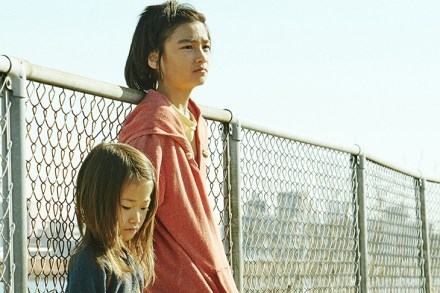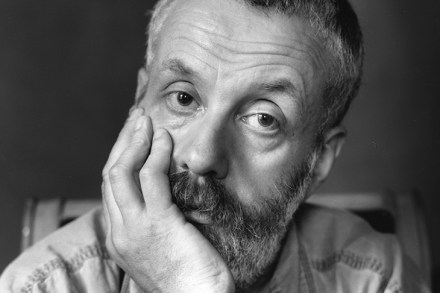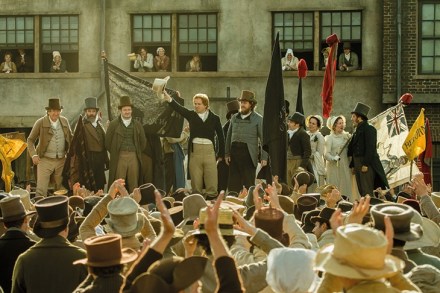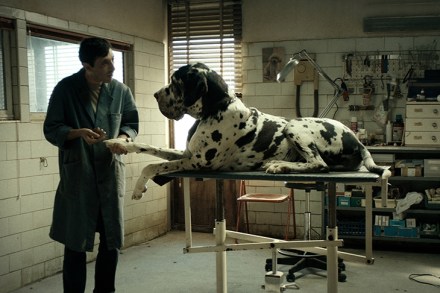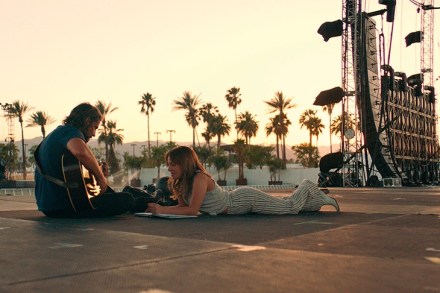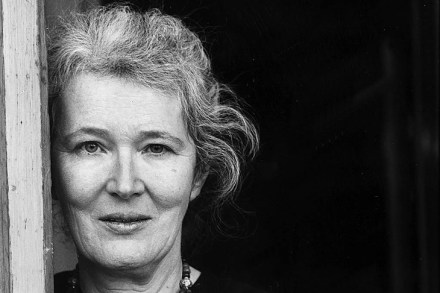Stealing beauty | 22 November 2018
The major releases this week are Robin Hood, as a big Hollywood retelling, and The Girl in the Spider’s Web, a reboot of the Stieg Larsson thriller franchise starring Claire Foy. But the film you want to see, even if you may not know it yet, is Hirokazu Koreeda’s Shoplifters. This is a film with no set pieces or major plot twists but it is wholly absorbing and it will steal your heart. (Among other things. There is a lot of stealing.) It won the Palme d’Or at Cannes and is the latest from the Japanese filmmaker who mostly turns his camera on to families (After the Storm, Our Little
